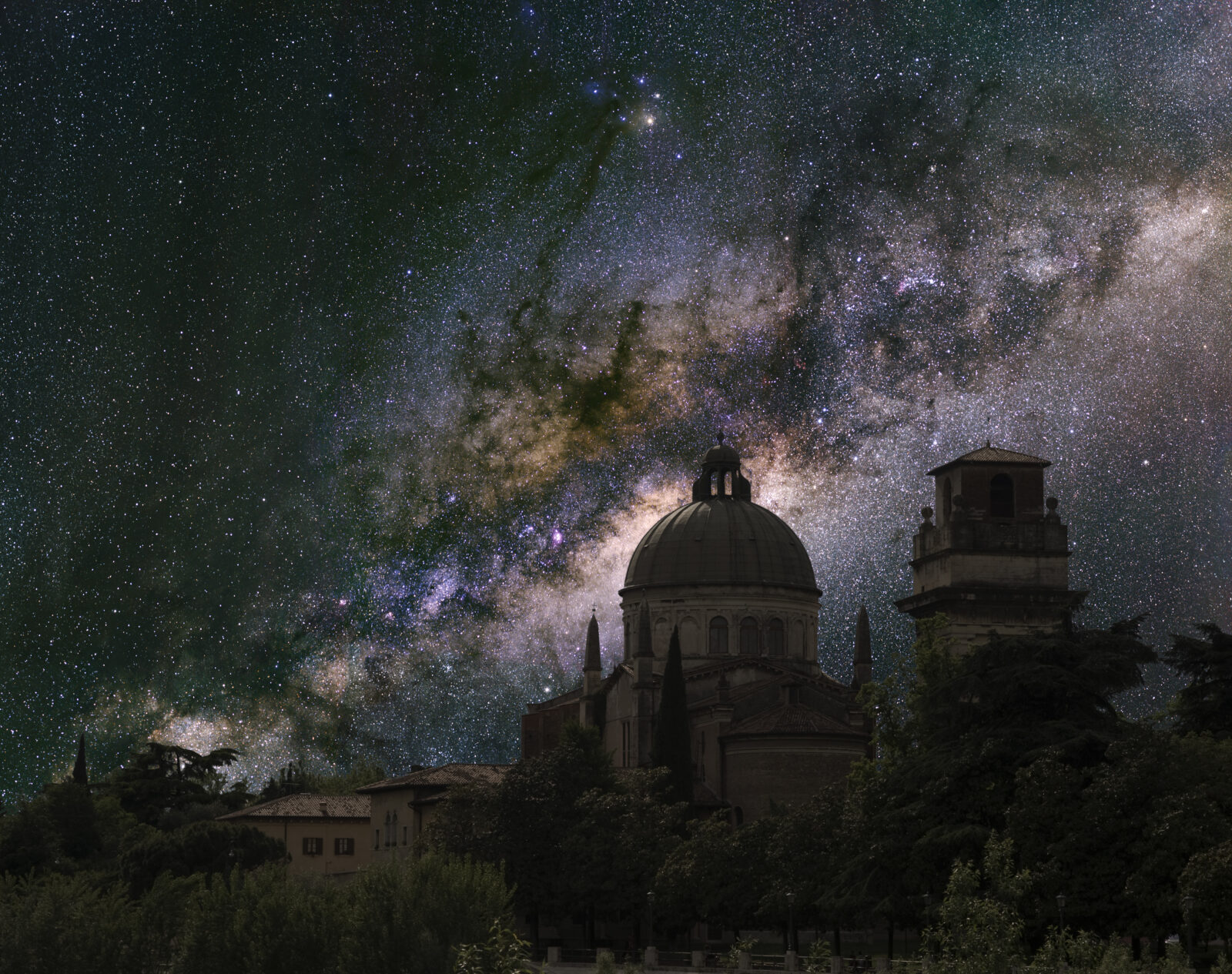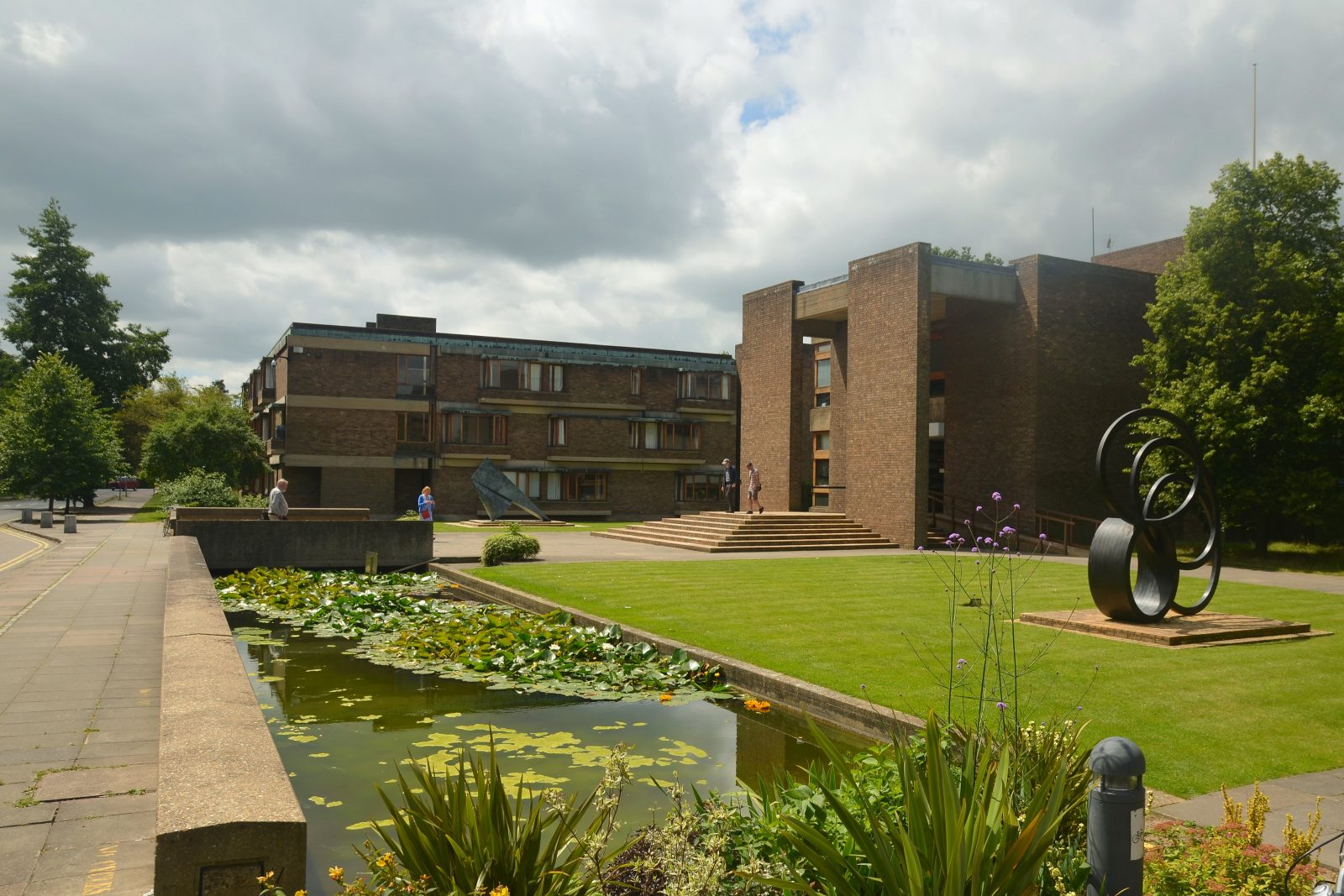


Is Darwinism a Theory in Crisis?
Today’s ID the Future spotlights The Comprehensive Guide to Science and Faith, and specifically, an essay in the new anthology by biologist Jonathan Wells, “Is Darwinism a Theory in Crisis?” As Wells and host Casey Luskin note, the essay title alludes to philosopher of science Thomas Kuhn’s influential 1962 book The Structure of Scientific Revolutions. Kuhn argued there that if one studies the history of scientific revolutions, one finds that when the scientific evidence has begun to turn against a dominant scientific paradigm—when its days are numbered— its adherents do not simply concede defeat. Instead they use all their institutional power to suppress dissent and punish proponents of any competing paradigm. This is the period of crisis, which can last for years and even decades. Wells contends that modern evolutionary theory is a current instance of a dominant paradigm in crisis. He briefly makes the case in this episode, and at greater length in his essay, which appears in the newly released anthology from Harvest House Publishers, edited by William Dembski, Casey Luskin, and Joseph Holden. Find it at Amazon, Barnes & Noble, and other booksellers.

Michael Behe Reads from His New Book
On this ID the Future, Lehigh University biochemist Michael Behe reads from A Mousetrap for Darwin, his latest book making the case against blind evolution and for intelligent design. The volume contains some brand new material alongside a substantial collection of essays he’s written over the years in response to critics of his three previous intelligent design books. His pro-Darwin critics have jumped all over Behe. Some have even claimed he’s ignored their objections. A Mousetrap for Darwin gives the lie to that charge. Behe has answered his critics, and done so decisively, in everything from the New York Times and prominent blogs to major science journals. Listen in as he lays the groundwork for his fourth fascinating book, in his inimitably clear and winsome style.

Of Natural Selection, Explanatory Deficits, and Bunnies Dark and Light
On this episode of ID the Future we hear the first part of Discovery Institute Education Outreach Associate Daniel Reeves’ talk at the 2020 Dallas Science and Faith Conference. Reeves outlines the meaning of natural selection, and traces its history, starting from Darwin’s early understanding, in the days when cells were viewed as just blobs of protoplasm. Reeves carries the story from there through the neo-Darwinian modern synthesis and into the extended evolutionary synthesis, culminating in a 2016 meeting of the Royal Society on the theory’s continuing — and still unresolved — explanatory deficits.

First the Royal Society Meeting, Now Cambridge’s “Evolution Evolves”: Paul Nelson Reports
On this episode of ID the Future, intelligent design proponent and philosopher of biology Paul Nelson reports on a recent conference he attended at the University of Cambridge, “Evolution Evolving: An International Conference on the Evolving Mechanisms and Theoretical Framework of Evolutionary Biology.” Scientists from around the globe gathered under the operating assumption that the modern evolutionary synthesis is sorely lacking. As with many of the biologists who attended the 2016 Royal Society meeting “New Trends in Evolutionary Biology,” many of the attendees of the Cambridge event find themselves disenchanted with Neo-Darwinism and weighing their options. They’re still not looking outside the walls of the “City of Naturalism,” Nelson says, but it’s fascinating and encouraging to witness the increased openness to ideas that reach beyond modern Darwinian dogma.